Tag: education
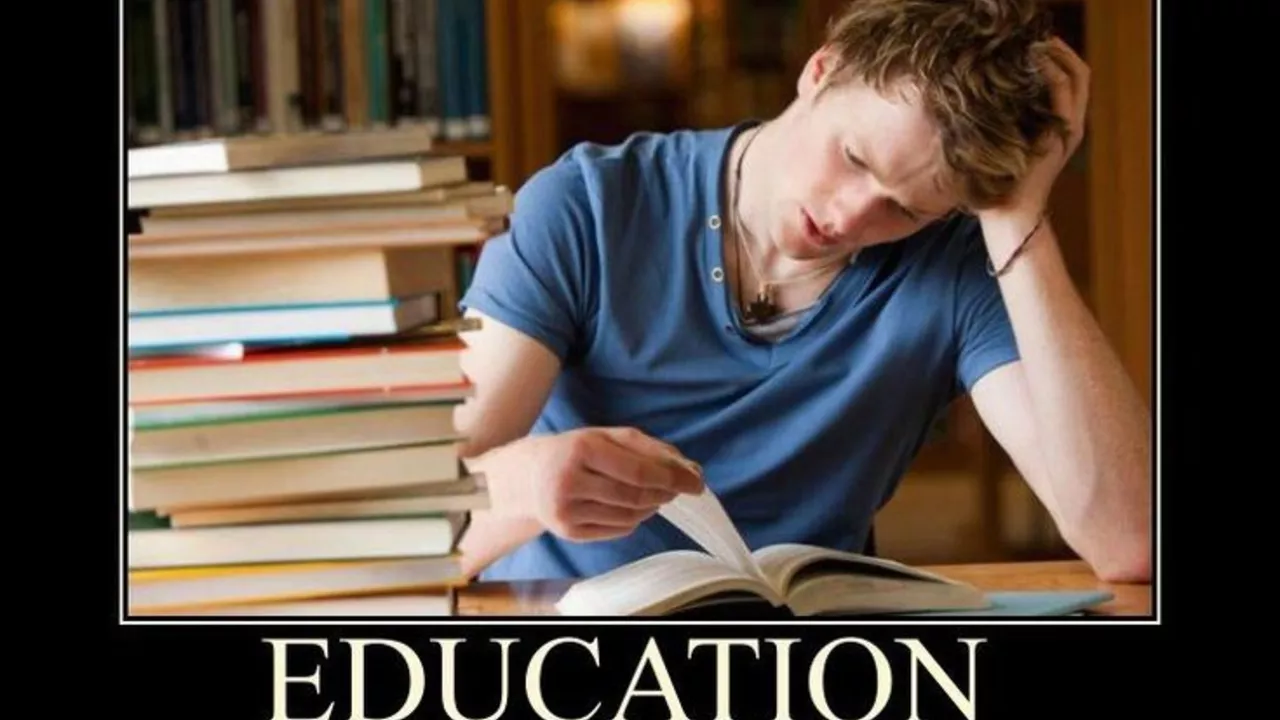
What are some funny quotes from public school?
by Drayton Everhart / 27 Jul 2023In my latest blog post, I've rounded up some of the most hilariously relatable quotes from public school. We've all had that one teacher who said something so weirdly funny, it stuck with us for years. Or those moments when a classmate's comment turns a dull lesson into a comedy show. From "I don't need math, I have a calculator," to "Why do I have to learn history, it's already happened," these quotes will take you on a laugh-filled trip down memory lane. Join me as we dive into the absurd and amusing world of public school lingo!
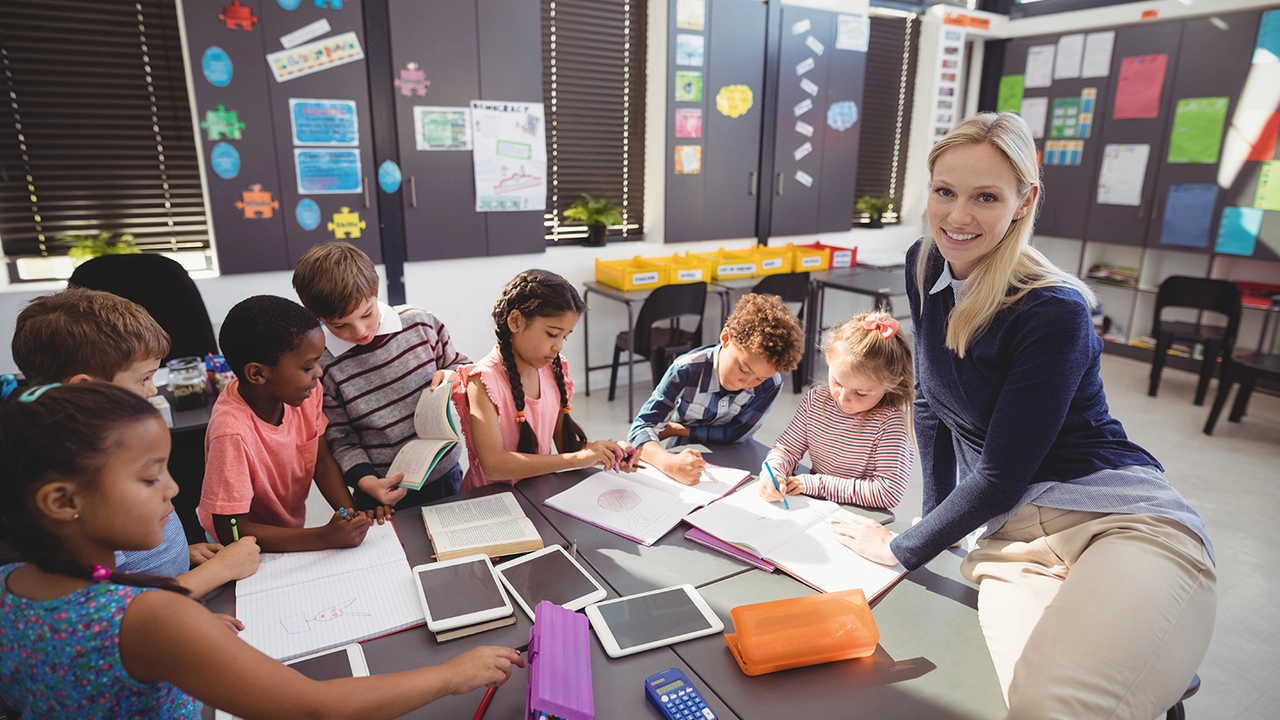
Why are Chromebooks bad for education?
by Drayton Everhart / 23 Jul 2023After researching and analyzing, I've found several reasons why Chromebooks might not be the best fit for educational purposes. First off, they are heavily reliant on the internet, which can be a significant drawback in areas with unstable connectivity. Secondly, the limited storage and processing power can restrict the types of programs and applications students can use for their studies. Also, the lack of compatibility with some software could hinder learning. Lastly, the device's durability has been questioned; many users report that Chromebooks are not as long-lasting as alternatives.
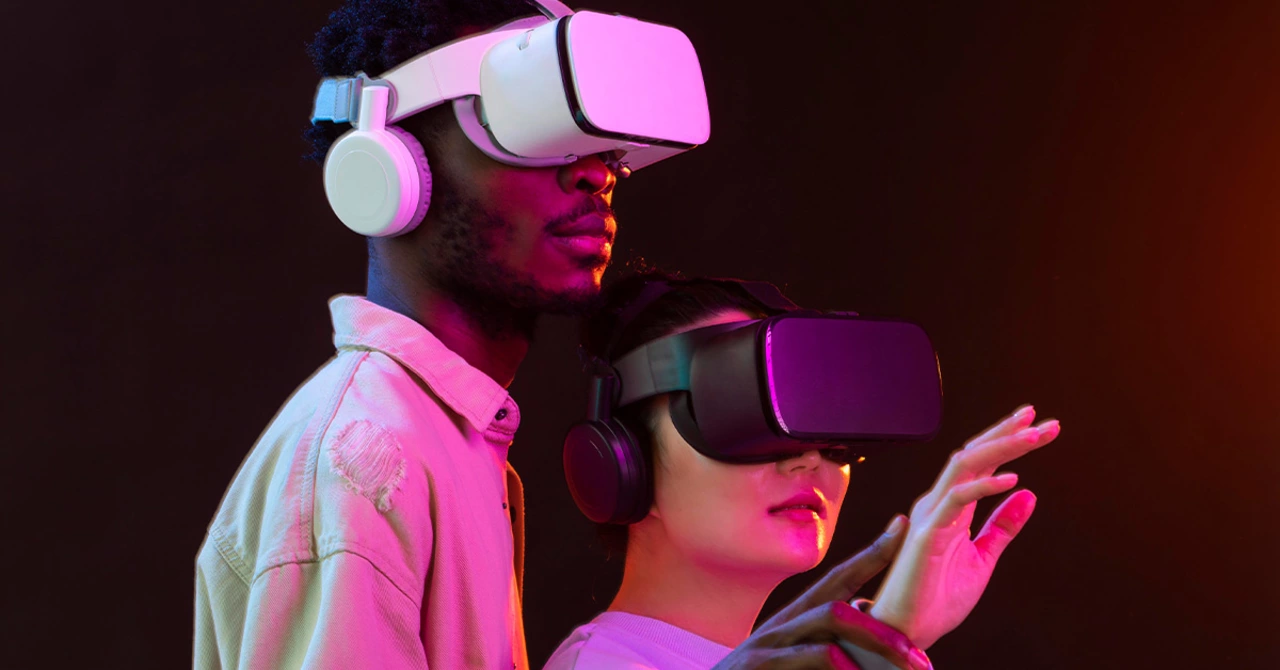
What is the role of technology in education at present?
by Drayton Everhart / 7 Apr 2023Technology has become an integral part of education in the 21st century. It has revolutionized the way information is imparted and consumed by students. Technology has enabled educators to make lessons more interesting, engaging and interactive. It has also enabled students to access a wealth of resources and to collaborate with their peers around the world. Technology has enabled students to develop new skills and gain knowledge faster and more efficiently. Moreover, technology has enabled educators to assess student learning more effectively and to provide personalized learning experiences. In short, technology has revolutionized the educational landscape, making learning more effective and enjoyable.
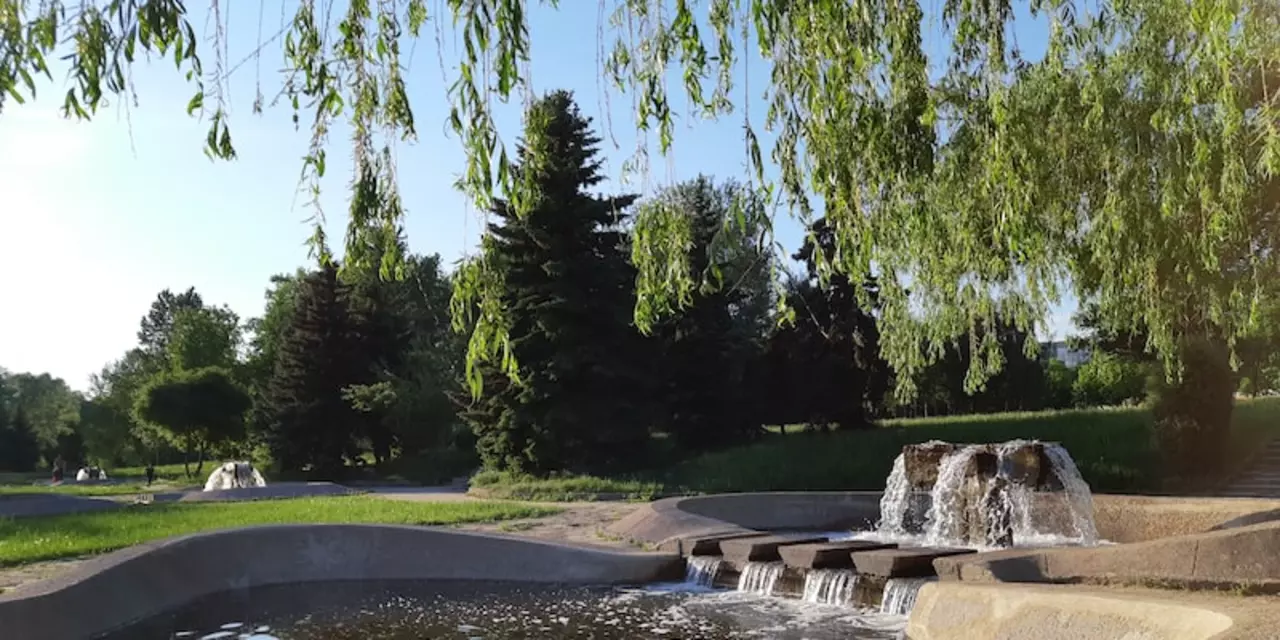
Is the educational system obsolete?
by Drayton Everhart / 15 Mar 2023The educational system has been in place for centuries, but is it still relevant in the 21st century? With the rapid advancement of technology, the role of education has shifted, leaving many to question whether traditional methods of teaching are still applicable. While the system is far from obsolete, it needs to evolve in order to equip students with the skills needed in the modern world. By updating curriculums, introducing more hands-on learning, and providing students with the tools to think critically and solve complex problems, the educational system can become more effective and prepare students for the future.
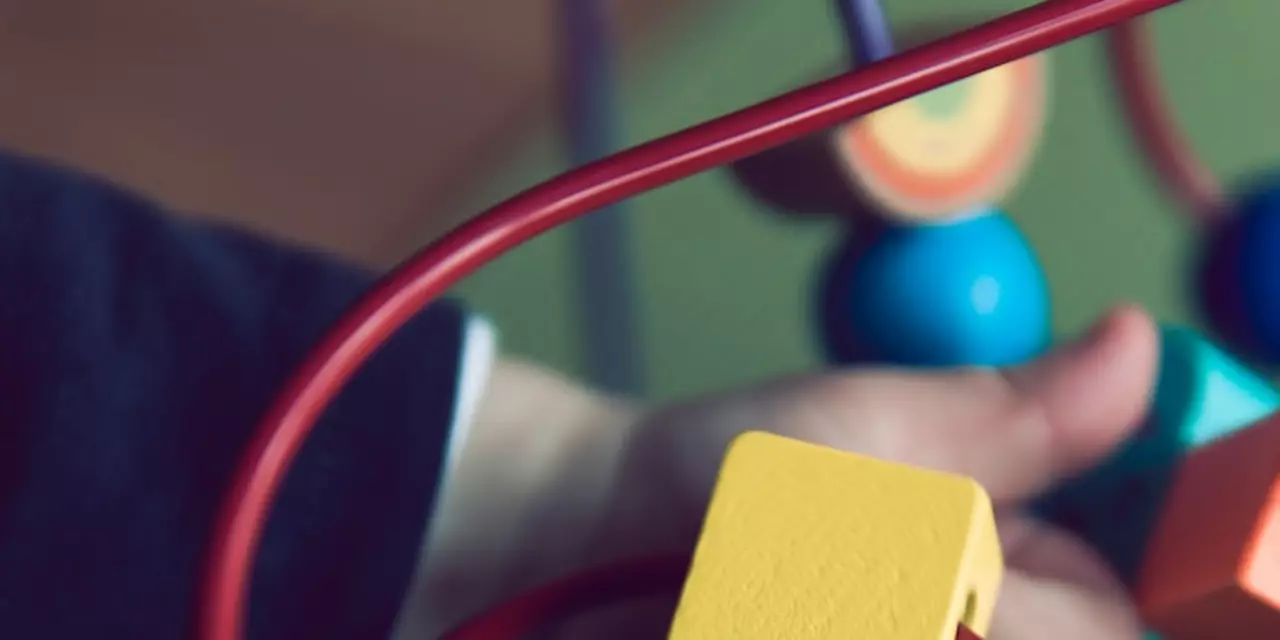
Why is Special Education considered as an intervention?
by Drayton Everhart / 6 Feb 2023Special education is an intervention designed to provide specialized instruction and support to students with physical, intellectual, emotional, or learning disabilities. It is designed to supplement and enhance the learning experience of students who have difficulty learning in traditional classroom settings. Special education interventions include individualized instruction, behavior management, and guidance. Special education interventions are based on the individual needs of each student, and aim to meet their unique learning needs. This intervention results in improved academic performance, social and emotional growth, and improved behavior and self-esteem. Special education is a valuable intervention that can significantly improve the life of students with disabilities.